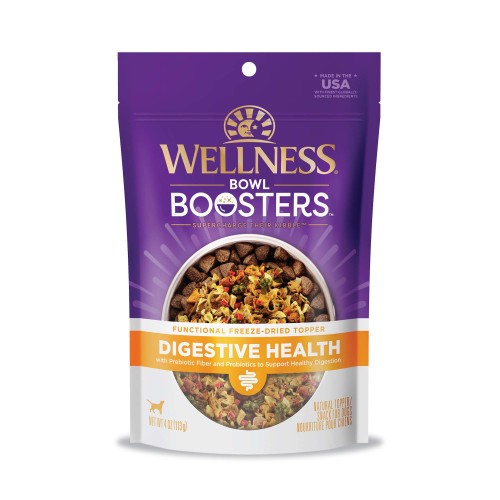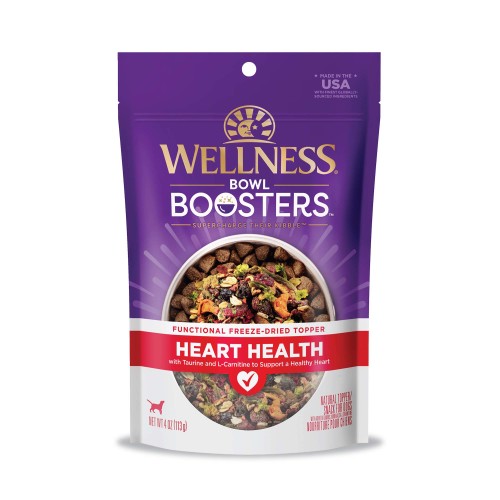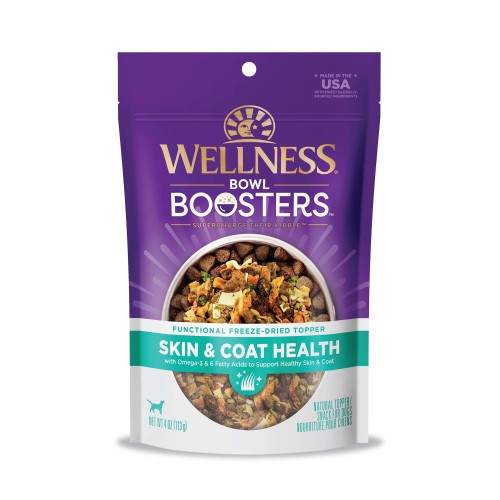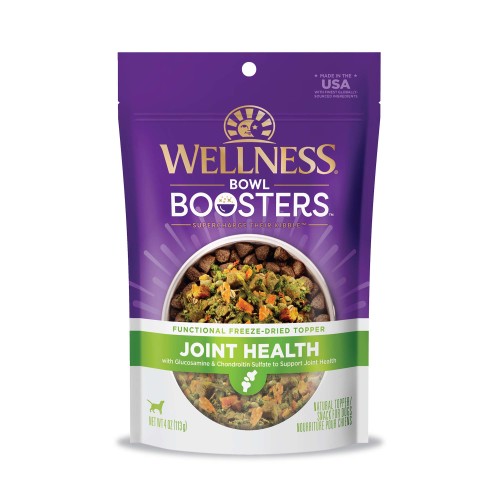November 21, 2024
10 Foods Your Dog Shouldn’t Eat On Thanksgiving
Foods dogs shouldn’t eat on Thanksgiving
Autumn is here and the feeling of fall is in the air. Pumpkin spice is on every menu, the air is cool, the leaves are extraordinary colors, and Thanksgiving planning has begun! I don’t know about you, but Thanksgiving is one of my all-time favorite holidays. And as much as we all love the amazing Thanksgiving food and festivities, so do our pets.
My dog Dory sits patiently in the kitchen all day while I prepare Thanksgiving dinner for our family waiting for me to drop a piece of turkey or offer some mashed potatoes. Unfortunately, as a small animal veterinarian, this is a common time of year when I see many emergencies from pets eating “human” food that can cause illness. So today, I would like to take a moment to discuss the typical autumn foods that dogs shouldn’t eat on Thanksgiving, what clinical signs that you may see, and what you need to do if your pet eats any of these foods.
1. Onions, Garlic, Chives
I know…who knew? These food items are commonly used in preparing Thanksgiving dinner. Cats are actually more susceptible to the toxic effects of onions, garlic, and chives; however, dogs are also at risk. The toxicity causes a condition called hemolytic anemia, which is characterized by the bursting of red blood cells circulating through your pet’s body. Ingestion can also cause less critical side effects such as gastrointestinal irritation. Toxicity is normally diagnosed through history, clinical signs and microscopic evaluation of red blood cells.
2. Grapes and Raisins
Some fruits are more common for consumption during autumn months. Although the toxic substance within grapes and raisins is unknown, these fruits can cause kidney failure in dogs. It is best to avoid feeding grapes and raisins to dogs altogether.
3. Macadamia Nuts
Although not as common, many people bake cookies and desserts with macadamia nuts. Weakness, depression, vomiting, tremors and hyperthermia are common clinical signs associated with macadamia nut ingestion in dogs. Signs usually appear within 12 hours of ingestion and can last approximately 12 to 48 hours.
4. Nuts
Nuts, including almonds, pecans, and walnuts, contain high amounts of oils and fats. Foods that are high in oils and fats can cause vomiting, diarrhea, and potentially pancreatitis in pets.
5. Milk and Dairy
Milk and cream are common ingredients in Thanksgiving foods. Please be cautious with dairy. Despite what many people believe, pets do not digest dairy products well. Dogs and cats do not have significant amounts of lactase, the enzyme that breaks down lactose in milk. Milk and other dairy-based products cause your pet to suffer from diarrhea or other stomach upset.
6. Salt and Salty Snack Foods
Pretzels and potato chips are in abundance during the football season. Large amounts of salt can produce excessive thirst and urination, or even sodium-ion poisoning in pets. Salt toxicity clinical signs include vomiting, diarrhea, depression, tremors, elevated body temperature, seizures and even death. Please avoid giving your pets foods that are high in salts such as potato chips or pretzels.
7. Alcohol
I know, I know, this seems obvious, right? Well you would be surprised how many times I have seen alcohol intoxication on emergency. Most cases are accidents. Clinical signs include vomiting, diarrhea, decreased coordination, central nervous system depression, difficulty breathing, tremors, abnormal blood acidity, coma and even death. If your pet has ingested alcohol, see or contact your veterinarian immediately.
8. Chocolate, Coffee and Caffeine
Chocolate, ice-cream, and desserts are a big part of the Thanksgiving meal, especially if you have children. Chocolate contains two ingredients that are toxic in large quantities: theobromine and caffeine. Different types of chocolate contain different amounts of theobromine and caffeine; therefore, the amount and the type of chocolate your pet eats plays a role in its toxic effects. Darker chocolate is more dangerous than milk chocolate. White chocolate has the lowest level of theobromine, while baking chocolate contains the highest. Clinical signs of chocolate toxicity include diarrhea or vomiting from the high-fat content in the chocolate, restlessness, hyperactivity, muscle twitching, tremors, increased drinking and urination, excessive panting, irritability, increased heart rate and abnormal heart rhythm.
9. Raw or Undercooked Meat, Eggs and Bones
Raw meat and raw eggs can contain bacteria such as salmonella and E. coli that can be harmful to pets and humans. Pets can choke on bones, or sustain injury should the bone splinter become lodged in or puncture their digestive tract.
10. Yeast Dough
I have seen this emergency a few times. When pets digest raw yeast dough, the dough can expand and rise in the GI tract, causing gas to accumulate. This can be painful and cause the stomach to bloat, and potentially twist, becoming a life-threatening emergency. In addition, the yeast produces ethanol as a bi-product and a dog ingesting raw dough may become drunk (see the section on alcohol above).
I hope this helps all my pet parents out there be more aware of all the possible common autumn foods that dog’s shouldn’t eat on Thanksgiving. There is no need for your pets to feel left out. Let them indulge on Thanksgiving! I tell all my pet parents to have your Thanksgiving treats and food easily accessible during the holiday festivities and spoil your pets rotten. I absolutely love and trust Wellness CORE and it is what feed my own dog. Wellness CORE is a balanced diet that is grain free, contains all the highest quality ingredients, added supplements (omega 3 fatty acids, and glucosamine), and higher protein for lean body mass and muscle tone. My goal is to always keep our pets safe and healthy. As much as I love seeing them walk through my animal hospital doors, I prefer to help avoid sick trips to the veterinarian, especially during Thanksgiving when you should be spending time being grateful with your closest friends, family, and of course your pets.
Happy Thanksgiving everyone!
Originally published on my blog Forever Freckled.





